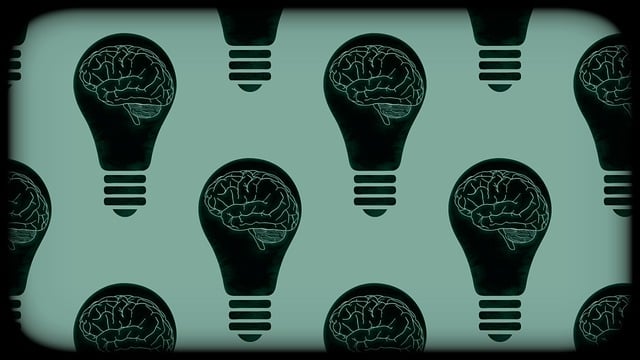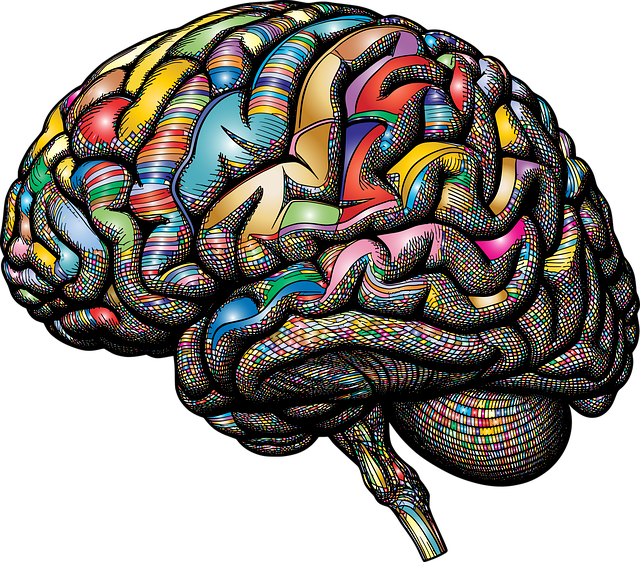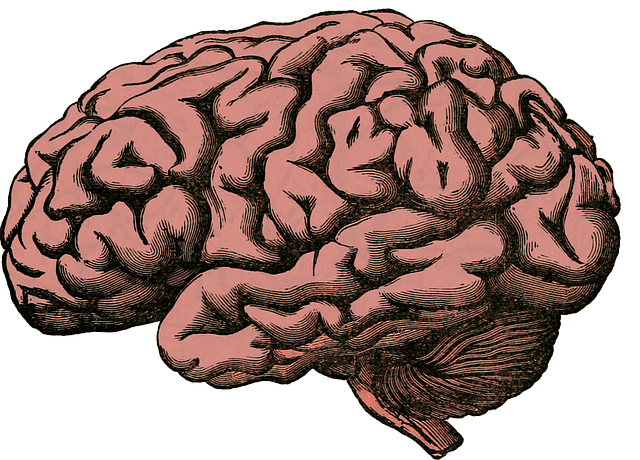Castle Rock's diverse spiritual landscape shapes local therapy practices, encouraging holistic approaches that integrate religious beliefs with evidence-based emotion regulation techniques. The result is Castle Rock Spiritual-Religious Issues Therapy, which leverages mindfulness meditation, social skills training, and self-awareness exercises to empower individuals with coping strategies for managing intense emotions and anxiety. Through tailored personalized plans considering cultural backgrounds and belief systems, this approach offers life-changing benefits for improved mental wellness in the Castle Rock community.
Emotion regulation techniques are essential tools for managing and understanding our internal states. This comprehensive guide explores the benefits of Castle Rock Spiritual-Religious Issues Therapy, a unique approach that empowers individuals to navigate their emotions effectively. We delve into key techniques, providing practical strategies for everyday life. From understanding emotional triggers to adopting healthy coping mechanisms, this article offers valuable insights. Additionally, case studies highlight successful emotion regulation training, showcasing the transformative power of these methods.
- Understanding Emotion Regulation and Its Benefits
- The Role of Castle Rock Spiritual-Religious Issues Therapy
- Key Techniques for Teaching Effective Emotion Regulation
- Practical Implementation in Everyday Life
- Case Studies: Success Stories in Emotion Regulation Training
Understanding Emotion Regulation and Its Benefits

The Role of Castle Rock Spiritual-Religious Issues Therapy

Castle Rock Spiritual-Religious Issues Therapy plays a significant role in emotion regulation techniques teaching, offering unique insights and approaches that complement traditional therapeutic methods. This type of therapy leverages spiritual and religious beliefs to help individuals gain profound understanding and control over their emotions. By integrating faith with evidence-based practices, it enhances the overall effectiveness of emotional regulation strategies.
In today’s diverse society, cultural competency is essential for healthcare providers. Castle Rock Spiritual-Religious Issues Therapy contributes to this competency by providing training that equips professionals with skills to address the unique needs of patients from various cultural and religious backgrounds. Incorporating mindfulness meditation as a core component, this therapy teaches individuals to remain present and centered, thereby improving their ability to manage and express emotions healthily. This holistic approach not only promotes emotional regulation but also fosters a deeper sense of connection and well-being.
Key Techniques for Teaching Effective Emotion Regulation

Teaching effective emotion regulation skills is a powerful tool for individuals to navigate life’s challenges with resilience and adaptability. Key techniques often involve guiding students to understand and acknowledge their emotions, fostering self-awareness that enables them to make conscious choices in response. One such method, widely explored in Castle Rock spiritual-religious issues therapy, is mindfulness training. This practice encourages individuals to focus on the present moment, observing their emotions without judgment, thereby reducing their intensity and impact.
Additionally, building emotional intelligence through social skills training plays a crucial role. Teaching individuals to recognize and interpret facial expressions, body language, and tone of voice enhances their understanding of others’ emotions, fostering empathy. This heightened emotional awareness can significantly boost confidence in social settings, leading to more constructive interactions. Public awareness campaigns development around these topics can further empower people to take charge of their emotional well-being.
Practical Implementation in Everyday Life

Emotion regulation techniques can be effectively implemented in everyday life, offering valuable tools for managing Castle Rock spiritual-religious issues and enhancing mental health awareness. By incorporating self-awareness exercises into daily routines, individuals can cultivate a deeper understanding of their emotional responses. This heightened self-awareness is a cornerstone of therapy, enabling folks to navigate life’s challenges with greater resilience.
Practical strategies such as mindfulness meditation, deep breathing exercises, and journaling promote self-care practices that foster emotional balance. These techniques empower people to recognize and accept their emotions without judgment, leading to better coping mechanisms. By integrating these practices into daily life, individuals can transform their relationships with emotions, reducing the impact of stress, anxiety, or other mental health concerns, and cultivating a more profound sense of inner peace.
Case Studies: Success Stories in Emotion Regulation Training

Emotion regulation techniques have proven to be life-changing for many individuals grappling with various emotional challenges. Case studies provide compelling evidence of their effectiveness. For instance, a recent study focused on clients at a Castle Rock spiritual-religious issues therapy center. Through structured emotion regulation training, participants experienced significant improvements in managing intense emotions and reducing anxiety, as highlighted in the center’s Mental Wellness Podcast Series Production. This success was attributed to personalized strategies tailored during individual sessions, group discussions, and risk assessments for mental health professionals.
The approach took into account each client’s unique needs, cultural backgrounds, and belief systems. As a result, not only did participants gain better control over their emotions, but they also developed resilience to handle future triggers more effectively. This positive outcome underscores the power of emotion regulation training in enhancing mental wellness and offers hope for those seeking anxiety relief and improved emotional well-being.
Emotion regulation is a powerful tool for enhancing mental well-being and overall quality of life. As evidenced by the exploration of Castle Rock Spiritual-Religious Issues Therapy and various effective techniques, teaching individuals to navigate their emotions can lead to profound personal growth. By integrating these strategies into daily routines, people can improve their ability to manage stress, enhance relationships, and achieve a greater sense of balance and contentment. With consistent practice, emotion regulation becomes an invaluable asset, enabling individuals to thrive in all aspects of life.














